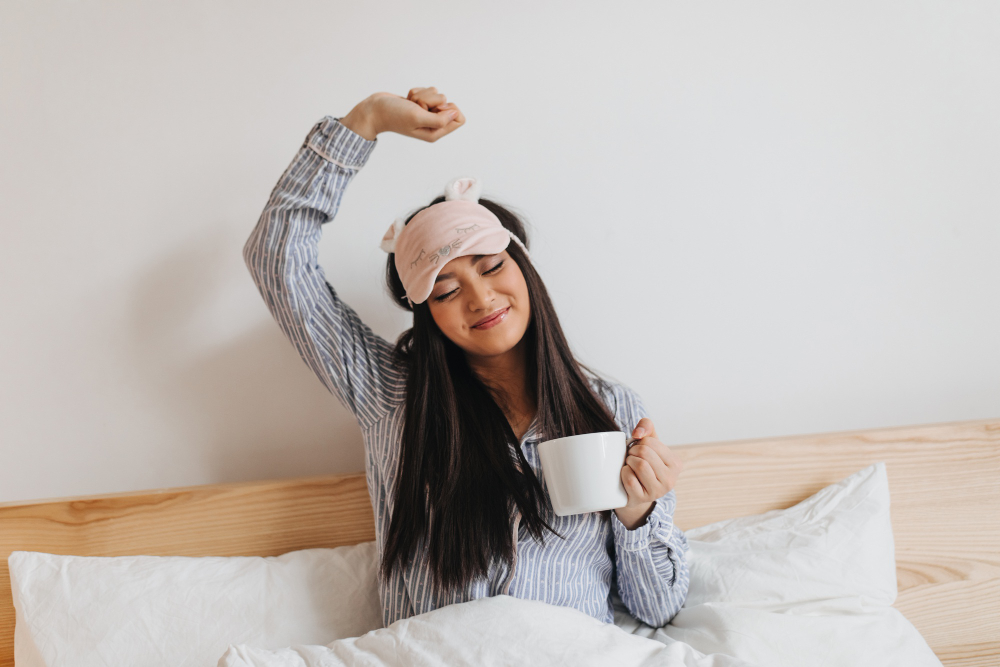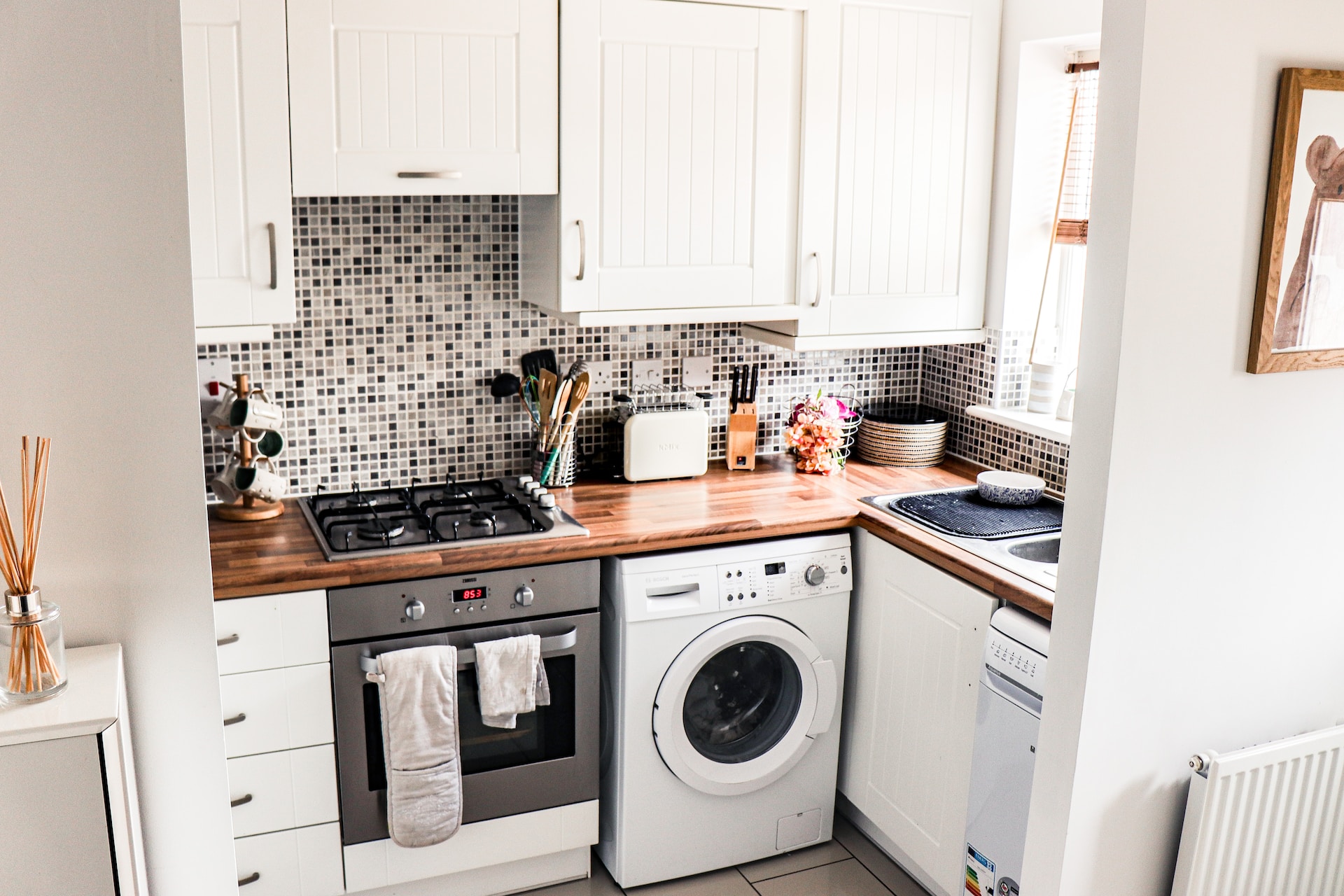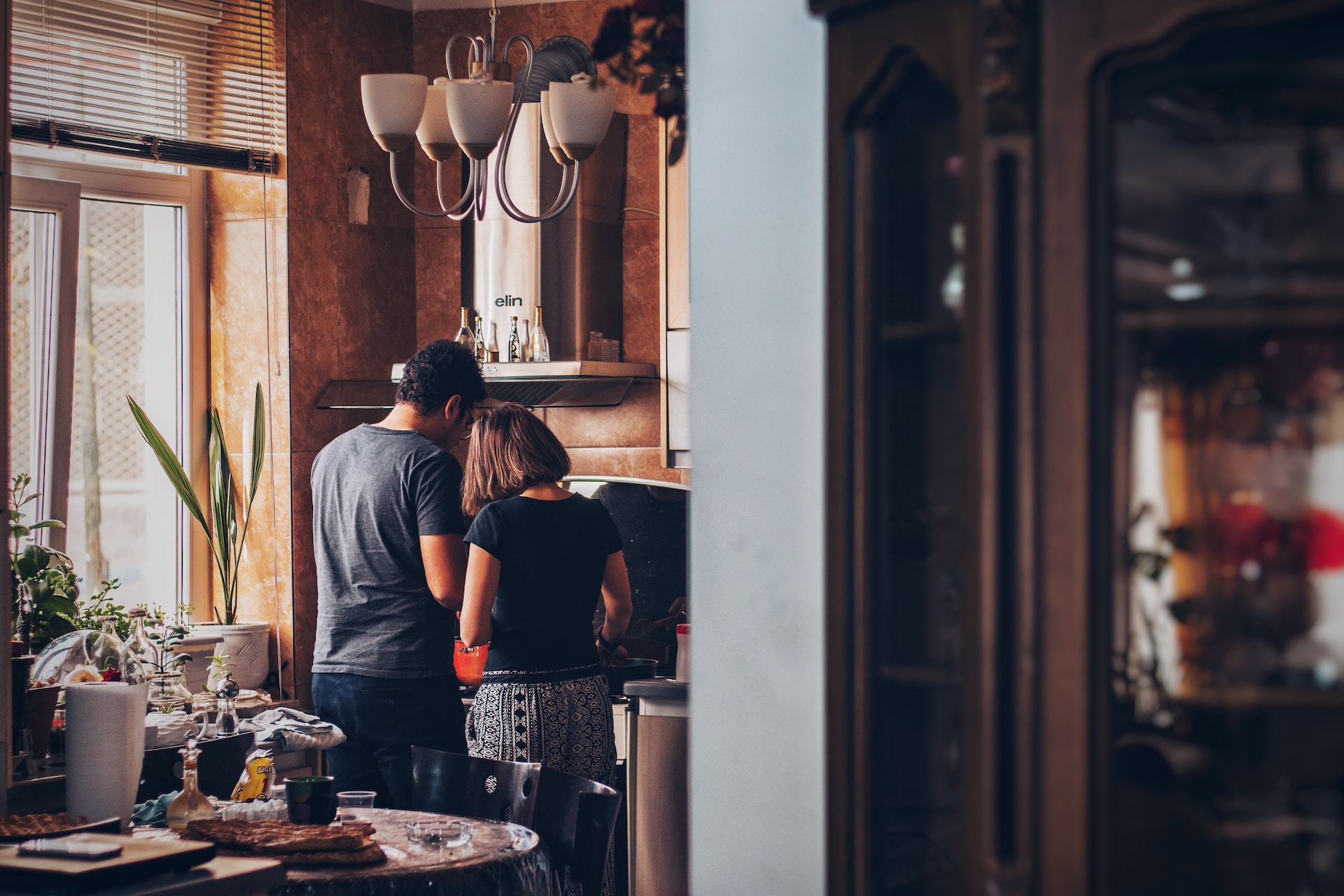Creating a morning routine can be a great way to start your day on the right foot. By establishing a set of habits that you engage in every morning, you can set yourself up for success and improve your productivity throughout the day. Whether it’s exercising, meditating, or simply taking a few minutes to enjoy a cup of coffee, the key is to find a routine that works for you and stick with it. In this post, we’ll explore some tips for creating a morning routine that can help you start your day off on the right foot.
What tips could you share to have a pleasant and productive morning?
While there’s no perfect morning routine that’s right for everyone, there are a few tips that can help you build a productive and energizing morning:
- Plan your morning/day the night before. Not only does this help you relax your brain and fall asleep, but you can wake up with a plan already in place. Just follow the plan!
- Stay away from your phone The quickest way to derail a productive morning is to look at your phone and then get sucked in for 30 minutes of mindless scrolling and reading.
- Incorporate self-care into your morning routine. No matter how much time you have, try to start your day with activities and practices that feed your soul and make you feel good. This could be: exercising, praying/meditating, reading, stretching, drinking a glass of water, or journaling.
Erin Reeder, The Incremental Mama.
What are some common mistakes people make when establishing a morning routine, and how can they be avoided?
Establishing a great morning routine is key to reaching your health goals, but there are some common mistakes that can hinder your progress. Firstly, I would make sure that the elements of your morning routine are personalized to your goals and needs, not what your BFF or favorite Peloton instructor is doing (for example, Intermittent Fasting is not a good idea for stressed-out women)! Secondly, be sure to start small and build up your routine rather than trying to do everything all at once.
Lastly, be sure to stay consistent and understand that healthy changes do take time, but they will reap big rewards in the future. My morning routine non-negotiables include a large glass of water upon waking to help boost detoxification and hydration, getting out in daylight as soon as possible to set your circadian rhythm and a protein-based breakfast with veggies and healthy fats for balanced blood sugar throughout the day.
What helpful tips would help you to fall asleep faster?
Sleep is a full-on, mind-body-spirit activity, and as a whole, the human system is incredibly perceptive. Our senses absorb energy from our environment – even in various states of consciousness during sleep. Given this, we must feel safe, welcomed, and soothed wherever we sleep. Otherwise, as perceptive organisms, we pick up on disharmonies surrounding us (seen or unseen), making sleep challenging. Consequently, I always fall asleep faster by making my sleeping area clean, free from clutter, with minimal and pacifying decor. I recommend taking a hard look at your sleeping environment with an eye to attaining optimal tranquility. Remove or rearrange anything that might be unsettling to your conscious and unconscious sensibilities. Doing this will render a feeling of safety, making it easier to fall asleep faster and get a solid session of restful sleep.
Avia, Whats-Your-Sign.com
Why should you avoid technology before going to sleep?
You should avoid technology before going to sleep because the blue light emitted by electronic devices such as phones, tablets, computers, and TVs can disrupt your natural sleep cycle. Blue light suppresses melatonin and tricks your brain into thinking it’s daytime. This can make it challenging to relax and fall asleep. And when you don’t get quality sleep, it can mess with your concentration, productivity, mood, and memory, leaving you feeling pretty crummy. So instead of scrolling on your phone or watching tv, try relaxing activities like reading, taking a warm bath, or practicing deep breathing or meditation.
If you want to become a morning person who wakes up feeling energized, focused, and alert, it all starts with getting a good night’s sleep. By avoiding technology before bed, you can set yourself up for success and become a morning person who wakes up ready to tackle the day.”
Wenda Benavidez, Wendaful planning
As someone who loves technology, I must admit that it’s tough to unplug before bedtime, but it’s essential that I do so. Too much screen time before bed can negatively impact my sleep quality, leaving me feeling groggy and unproductive the next day. Science says that the blue light emitted from screens interferes with our bodies’ natural sleep hormone, melatonin, resulting in sleep problems. Moreover, the stimulation caused by browsing social media, watching videos, or texting can keep my brain active for longer, making it tough to fall asleep. I have tried to develop a bedtime routine that involves reducing screen time, practicing meditation, or reading a book to unwind and relax my mind. While it can be tempting to scroll endlessly through my phone or laptop, I’ve come to realize that it’s better to avoid technology before bed to ensure that I get the restful sleep I need to feel refreshed and productive the next day.
AnnMarie, AnnMarieJohn.com
What helpful gadgets do you consider important to use when going to bed?
Two Habits I recommend are to have a decluttered bedroom and remove your mobile phone from your bedroom before you go to bed. Decluttering your bedroom before going to sleep can help create a more harmonious and peaceful atmosphere. Here are a few reasons why:
- Promotes relaxation: A cluttered bedroom can create a sense of chaos and stress, which can make it difficult to relax and unwind before sleep. By decluttering your space, you create a more calming environment that is conducive to relaxation and restful sleep.
- Enhances energy flow: According to feng shui principles, clutter can block the flow of energy (or chi) in a space. By removing clutter from your bedroom, you allow energy to flow more freely, which can help create a more balanced and harmonious environment.
- Increases mindfulness: Decluttering your bedroom requires you to be mindful of your belongings and the space around you. This mindfulness can carry over into other areas of your life, helping you to be more intentional and focused in your actions and decisions.
- Boosts positivity: A cluttered bedroom can create negative energy and feelings of overwhelm or anxiety. By decluttering your space, you create a more positive and uplifting atmosphere, which can improve your overall mood and outlook. Overall, decluttering your bedroom before going to sleep can help create a more peaceful, harmonious, and restful environment that promotes relaxation, mindfulness, and positivity.
From a feng shui perspective, putting your mobile phone in another room before going to sleep can be beneficial in a number of ways:
- Reduces electromagnetic radiation: Mobile phones emit electromagnetic radiation, which can disrupt the energy flow in your bedroom and interfere with your sleep. By keeping your phone in another room, you can reduce the amount of electromagnetic radiation in your sleeping environment.
- Improves sleep quality: Studies have shown that exposure to the blue light emitted by mobile phones can interfere with the body’s production of melatonin, a hormone that helps regulate sleep. By keeping your phone in another room, you can reduce your exposure to blue light and improve the quality of your sleep.
- Reduces distractions: Mobile phones can be a source of distraction, especially if you receive notifications or messages throughout the night. By keeping your phone in another room, you can reduce the temptation to check your phone and focus on getting a restful night’s sleep.
- Enhances relaxation: Feng shui experts recommend creating a relaxing and peaceful atmosphere in your bedroom. By removing your phone from the room, you eliminate the potential for distractions and interruptions that can interfere with relaxation and sleep.
Overall, putting your mobile phone in another room before going to sleep can help create a more peaceful, harmonious, and restful sleeping environment that promotes relaxation and improves sleep quality.
When it comes to bedroom lighting, what recommendations could you give?
Sleep is our most effective recovery mechanism. A lot has been written about the power of good sleep hygiene. But equally important as you go to sleep is how you wake up. This is where healthy morning routines come in. There are a range of different techniques that can help you start your day the right way. These include drinking water, movement, cold showers, no social media, eating a healthy breakfast, or planning your day. One often overlooked but extremely effective aspect of waking up fresh is your bedroom lighting. Ideally, you can leverage natural light, i.e. the sun.
Apart from it making you just feel good, you can receive that valuable vitamin D. Vitamin D is important because it helps absorb calcium better, leading to better bone health. However, for many of us, it’s not possible to get up with the sun, but our alarm clocks go off earlier. In that case, you could make use of wake-up lights, which simulate sunlight. They typically have a warm orange light and even simulate the sunrise by gently brightening your bedroom over a period of time. This does not replace the unique benefits of waking up with our sun, but they are a good alternative.
Manfred at 4legsfitness.com
What are some helpful recommendations for decluttering your bedroom?
Decluttering a bedroom can seem overwhelming, but it can be surprisingly simple and satisfying. The key to decluttering is letting go of those items you have in your bedroom that really do not need to be there or no longer serve a purpose in your life. Be honest with yourself about what items you need and do not need. Consider donating or selling the items you are parting with. When you have removed the items you are letting go of. Arrange the items you are keeping in an orderly manner.
Try to give each item a home and use storage containers or bins to hold items that cannot be hung up or put away. You can change the feel of your bedroom just by simply letting go of and rearranging items. That’s the beauty and power of decluttering.
Tonya Keatz, EL Founder of Plus Size Wellness at Plussizewellness.com
Can a wearable posture corrector or desk posture sensor help people feel more alert and energetic throughout the day, including in the morning?
Wearable posture correctors and desk posture sensors can help people feel more alert and energetic throughout the day by promoting better posture, reducing muscle tension and discomfort, and improving circulation and oxygenation to the brain. By maintaining proper alignment, these devices can prevent slouching and hunching, which can cause fatigue and decrease energy levels.
A standing desk can also help improve posture and increase energy levels by encouraging movement and reducing the negative effects of prolonged sitting. Standing engages more muscles and promotes better circulation, which can help reduce fatigue and increase alertness. Furthermore, using a standing desk or a posture corrector can help prevent long-term health issues associated with poor postures, such as back pain, neck pain, and decreased range of motion. By promoting better posture and reducing discomfort, these devices can help people feel more comfortable and confident throughout the day.
It’s important to note that these devices are not a substitute for other healthy habits, such as regular exercise, healthy eating, and adequate sleep. However, incorporating a wearable posture corrector, desk posture sensor, or standing desk into your daily routine can be an effective way to promote better posture, increase energy levels, and improve overall wellness.
Rachel Ta, MotionGrey
What helpful tips would help you to fall asleep faster?
- Eat right: Eating early and preferably a light meal will avoid acid reflux or indigestion, which can keep up awake at night.
- Have an evening routine: (just like our little ones!) that will send signals to your brain that it is time to sleep.
- Leave your thoughts on the bedside table: Have a notebook next to your bed. If you get last min thought of “I need to do that tomorrow” before bed, write it down so you don’t have to remember it in the morning!
- No screens or strong artificial light before bed.
Alicia Dedigama, Co-Founder & Marketing Director at The Ripple Club

In conclusion, creating a morning routine can be an effective way to boost your productivity, increase your focus, and start your day off on a positive note. By incorporating habits like exercise, meditation, or simply taking some time for yourself, you can set the tone for a successful day ahead. Remember, the key is to find a routine that works for you and stick with it. With a little bit of planning and discipline, you can create a morning routine that sets you up for success each and every day.




